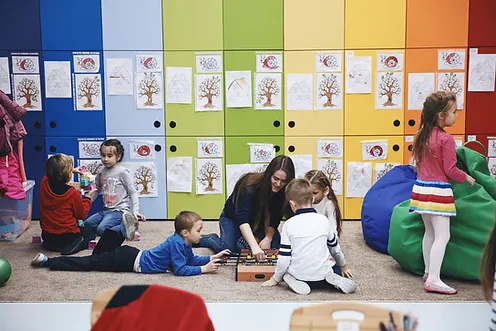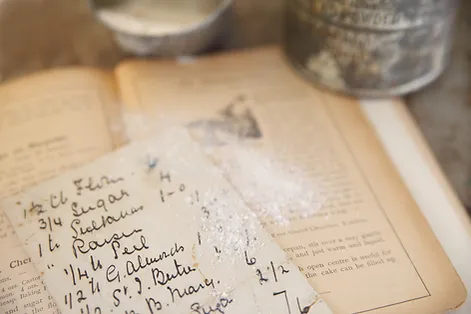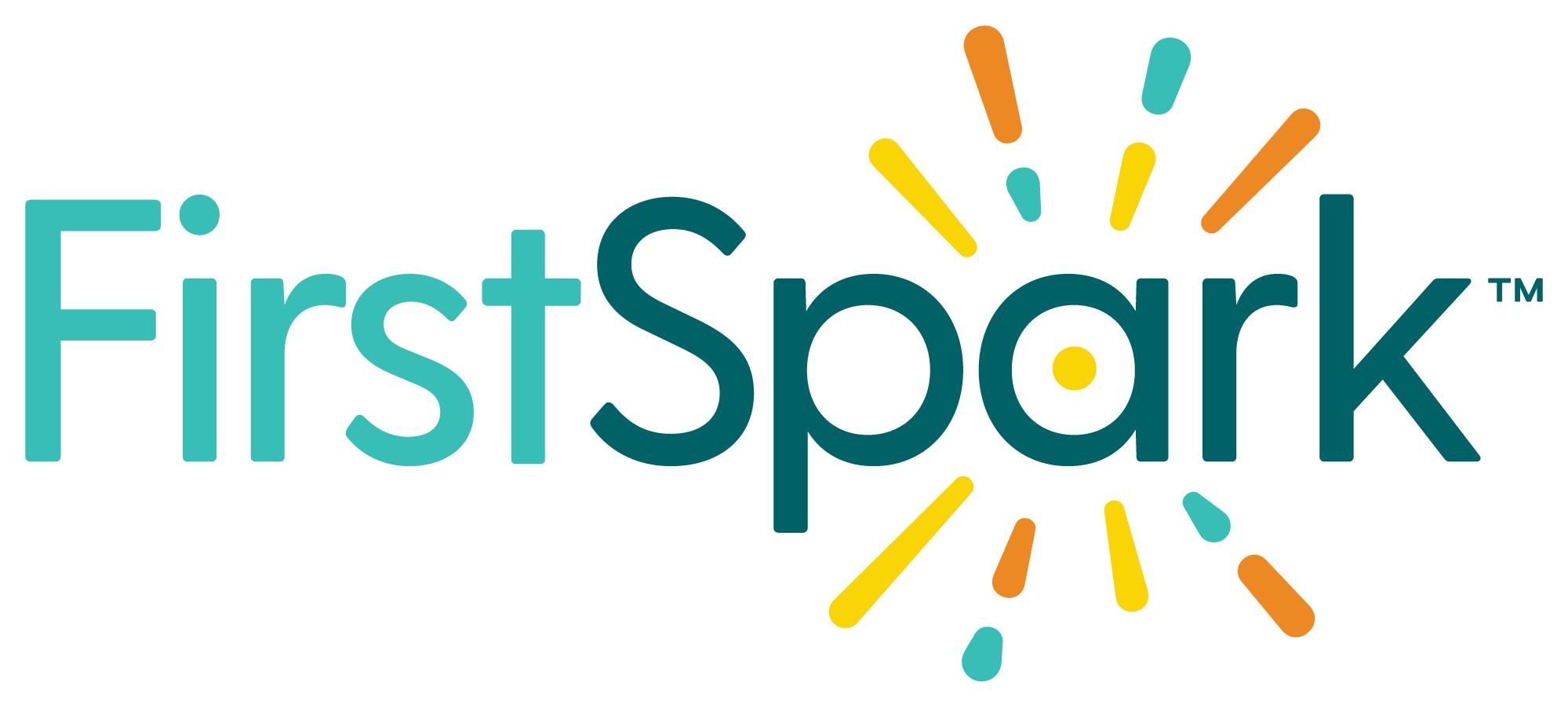A Recipe for Self-Care
We are off and running! A new school year is upon us, and early childhood educators have been busy getting their classrooms ready for another year of meaningful play and learning experiences. It has been a whirlwind of taskers to include developing the first round of lesson/activity plans, classroom design, ordering new materials, family orientations, creating visually appealing bulletin boards, getting name tags on cubbies, and the list goes on and on.

Teachers do an amazing job of creating an impressive and memorable first month of the school year experience for children and their families. Yet, many early childhood educators give little attention to creating a blueprint for self-care. Too many teachers and program leaders have reached the conclusion that they just don’t have the time to practice self-care. They feel there is simply not enough time to be a great teacher and take care of yourself. Unfortunately, this is a recipe for disaster and one that can lead to a burn-out episode very early in the school year.
The good news is there is a solution for creating a balancing harmony between responsibilities in the classroom and the elements that support taking care of the body, mind, and soul. More specifically this balance should include a mindful awareness of educators’ emotions. In the article What is Teacher Self-Care and How to Practice It, the author describes self-care as “taking care of your health and making sure that you have everything you need to thrive as a teacher”. Intentionally discovering ways to complement the responsibilities of teaching with emotional management is a wonderful first step to successful self-care.
I have learned over the years that it takes the right ingredients to support any self-care plan. As any great chef knows, it is the combination of the right ingredients that creates that delicious meal. Early childhood educators can include ingredients into their self-care support plan that may balance the demands of the classroom and take care of their well-being.

You may ask yourself – what ingredients of self—care can give me that right balance? Lucky for you I have three ingredients that can truly enhance the way you take care of yourself: acknowledging, releasing, and welcoming.
Acknowledging your emotions is a great way to make room for yourself during a big emotion or a challenging moment. Early childhood educators can pamper themselves with the same empathy and compassion they gave to children during their big emotions. The experiences of our teachers deserve their receptive attention in order to invite the emotion in that they are trying to find a way to acknowledge.
As teachers begin feeling that tightness in their body or the tension rising in their chest, shoulders, or head from a stressful situation, that’s the time to invite the emotion and acknowledge it, not ignore it. This means saying things like “I feel angry right now” or “I feel upset”. It’s important for our early childhood educators to know it’s okay to have these feelings and to identify them to support their well-being.
A second ingredient to a health self-care plan is to release. That is, releasing your emotions. It is those emotions that you cannot hold on to anymore that you need to let go of. Letting go of your emotions involves getting rid of that unproductive feeling. During stressful times in the classroom, teachers can take deep slow breaths and picture a bottle or container that they can deposit an unhelpful emotion in.
Teachers can also pretend someone walked into the room and said something like – “Hey, let me take that container from you.” Next, pretend to give them the container with the released emotions and take deep, slow breaths to become realigned with reality. Those big emotions that only weigh you down and serve no true purpose in your healthy well-being should be released and let go of.
The final ingredient to round out this self-care recipe is to learn how to welcome and express gratitude. The gratitude early childhood educators give themselves daily is a powerful and meaningful act. This small act of being grateful in the moment can be an impactful tool to a healthy self-care plan. Something as simple as a teacher placing their hands over their heart, closing their eyes, and giving thanks for something they love or honor can help them endure stressful times.
This act of expressing gratitude is a wonderful way for our teachers to spend time daily remembering the people and experiences that bring them enjoyment and peace. This expression of gratitude helps to slow down a runaway train of stress and allows for a moment of time to appear when a teacher can reflect, remember, and smile.
As a new school year begins and we put our summer months behind us, early childhood educators should keep in mind the power of acknowledging, releasing, and welcoming. These three elements provide our dedicated and tireless teaching population with tools to support the healthy development of their self-care plan and well-being.
Yes, a new school year is here and with it comes stressful days in the classrooms. Yet, with a few adjustments in how early child care educators take care of themselves, they can continue to have rewarding experiences in the classroom and celebrate the goodness of who they are all year long.
~Jerry Graham, M.A. Ed.
FirstSpark Quality Improvement Specialist
